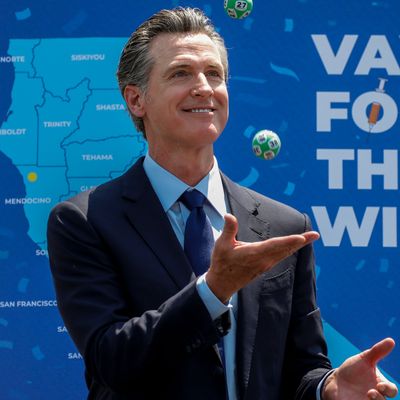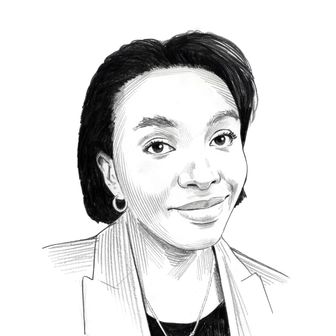
Jackpot! Or … maybe not? A study published in the Journal of American Health (or JAMA) Health Forum suggests that the cash lotteries instituted by several states didn’t increase local vaccination rates in any significant way. As part of the study, the authors examined daily local data from Johns Hopkins University’s Vaccine Tracker from April 28 to July 1, 2021, when appointments to receive a COVID-19 vaccine were considered to be “widely and rapidly available.”
During that span of time, 19 states introduced lottery drawings as an incentive for people to get vaccinated against COVID-19. Back in May, Governor Mike DeWine of Ohio announced the state’s “Vax-A-Million” lottery for which, for five weeks, one person’s name would be drawn weekly and they would win $1 million. Ohio residents who were 18 years or older and had received at least one dose of a vaccine prior to the drawing were eligible. California had its own “Vax for the Win” program, which, by its end, awarded a total of $116.5 million.
“Getting every eligible Californian vaccinated is how we bring our state roaring back from this pandemic,” Governor Gavin Newsom said in a press release announcing the program back in May.
The study’s authors looked at the difference in the vaccination rate before and after a vaccine lottery was announced and also compared trends in vaccination between states that held these cash incentives to ones that didn’t. Their findings suggest the drawings did very little to move the numbers.
“Estimates of the association between an announcement and vaccination rates were very small in magnitude and statistically indistinguishable from zero,” the study said.






























